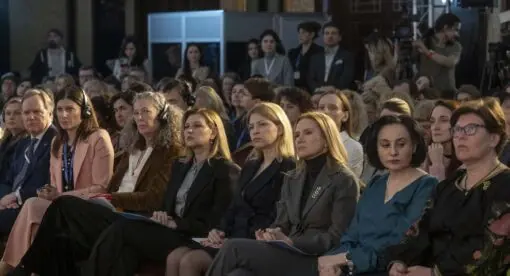The Lodestar, Episode 28
Kamran Bokhari and Faysal Itani discuss Lebanon’s multiple crises and the Beirut port explosion that served as a culmination of the problems the country is facing.
Itani says the port explosion was the result of decades of corruption that led the Lebanese government and public services to failure. After the civil war, Lebanon functioned under an arrangement that was supposed to help the country transform to a liberal democracy, but that transformation never took place. Now, amid an unprecedented economic crisis, Itani says Lebanon is far from the path to recovery and is on the verge of becoming a “robber baron state” in which the elite divide the spoils of the economy and the population is left behind.
There is a chance that the Lebanese elite could change and work more to benefit the people, Itani says – either out of a sense of enlightened self-interest, or out of fear of the pressure rising from the streets in the form of growing opposition. Itani also says that while the government may be lost, the regime – the overall structure that keeps business as usual operating in Lebanon – is very robust.
Bokhari and Itani also discuss Hezbollah’s rise, its current role in both Lebanon and Syria, and how relations between Lebanon and Syria have morphed over the years.
The views expressed in this podcast are those of the guests and not an official policy or position of the Newlines Institute.






